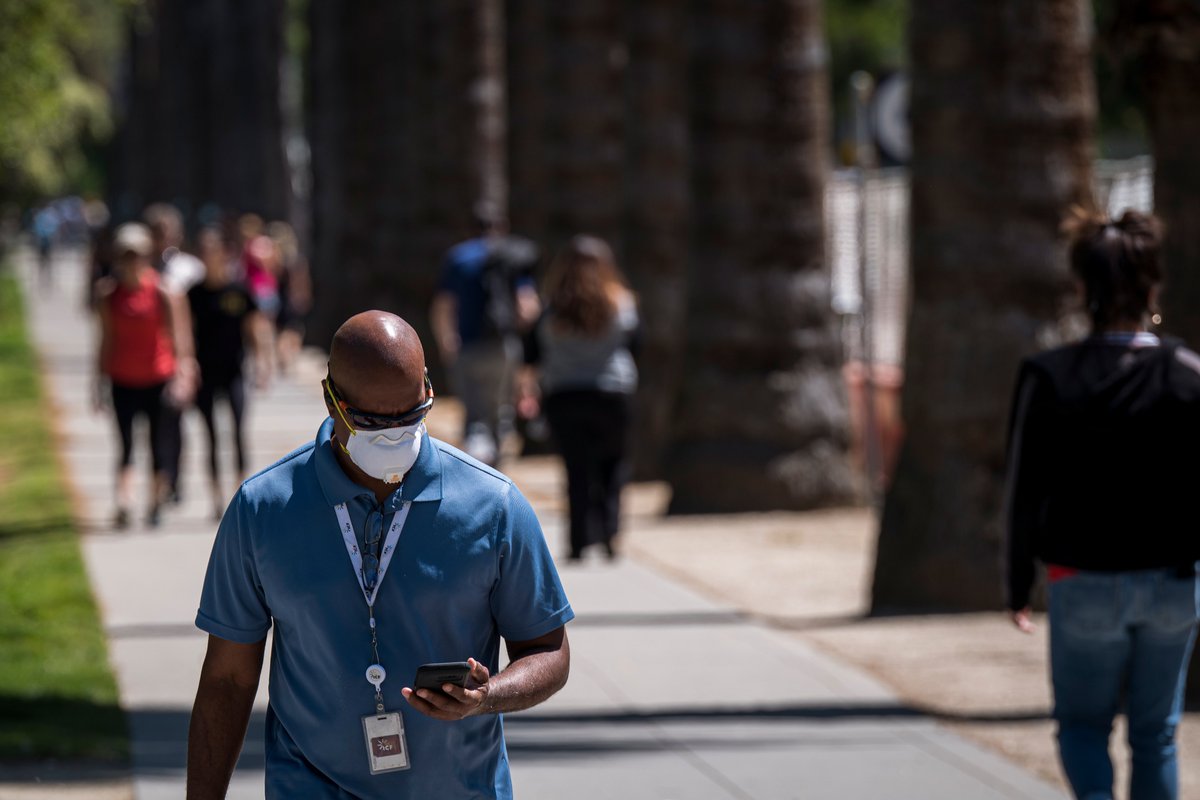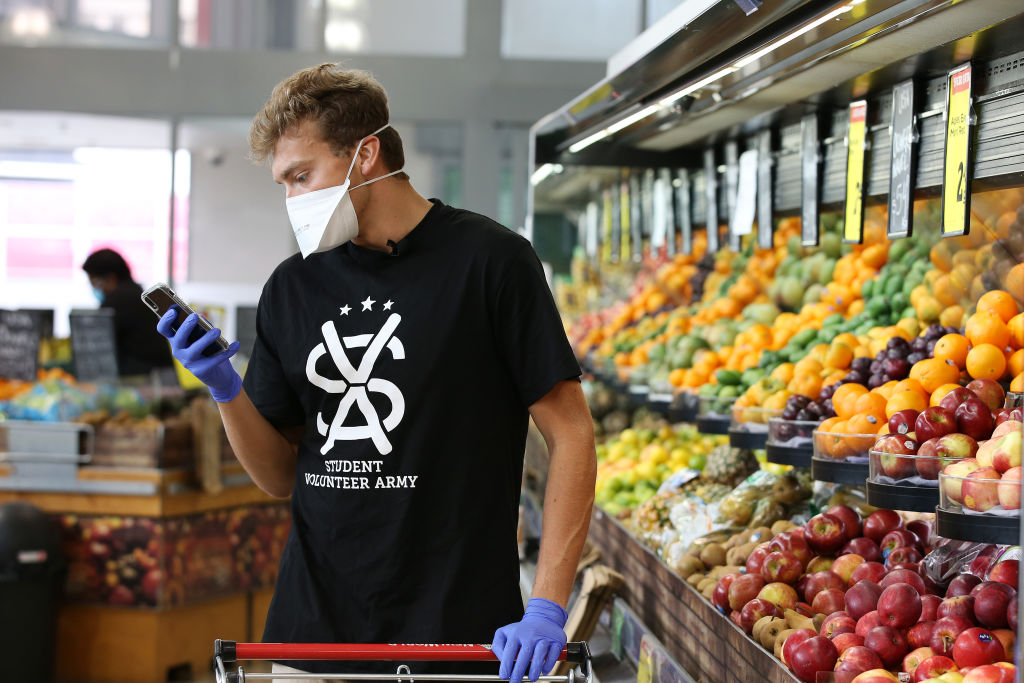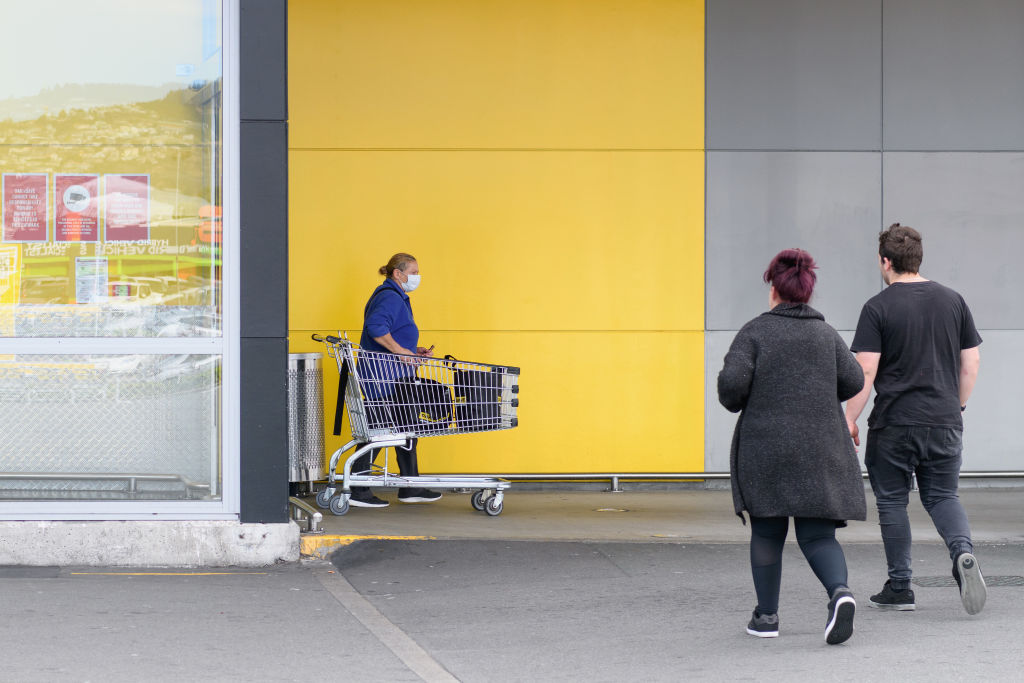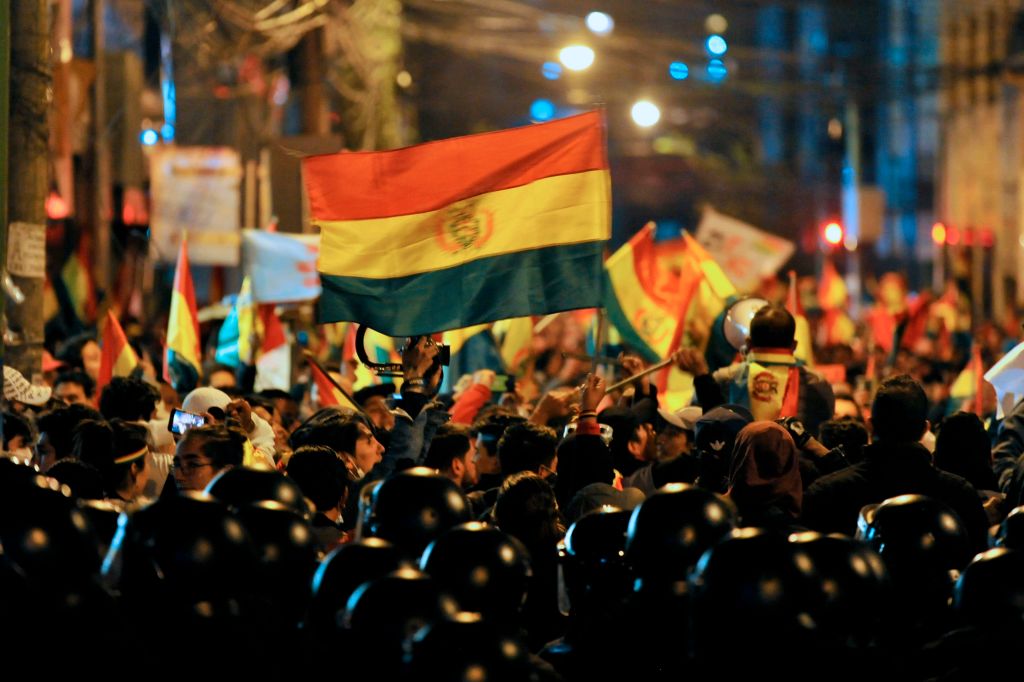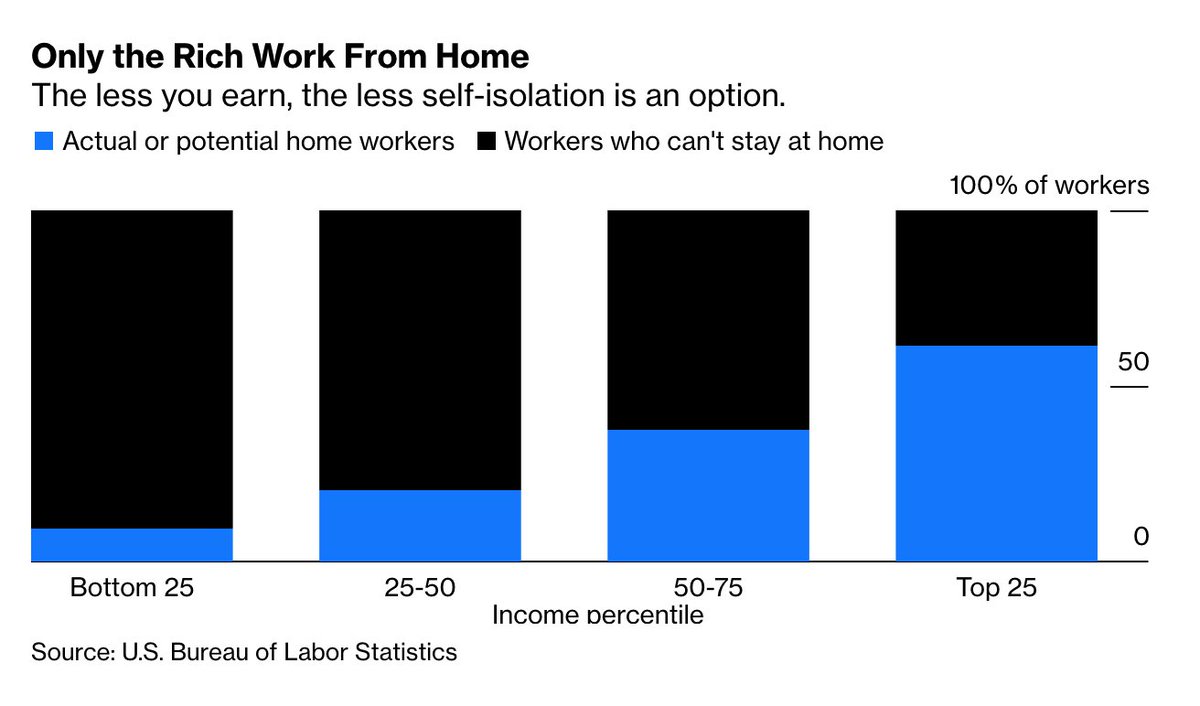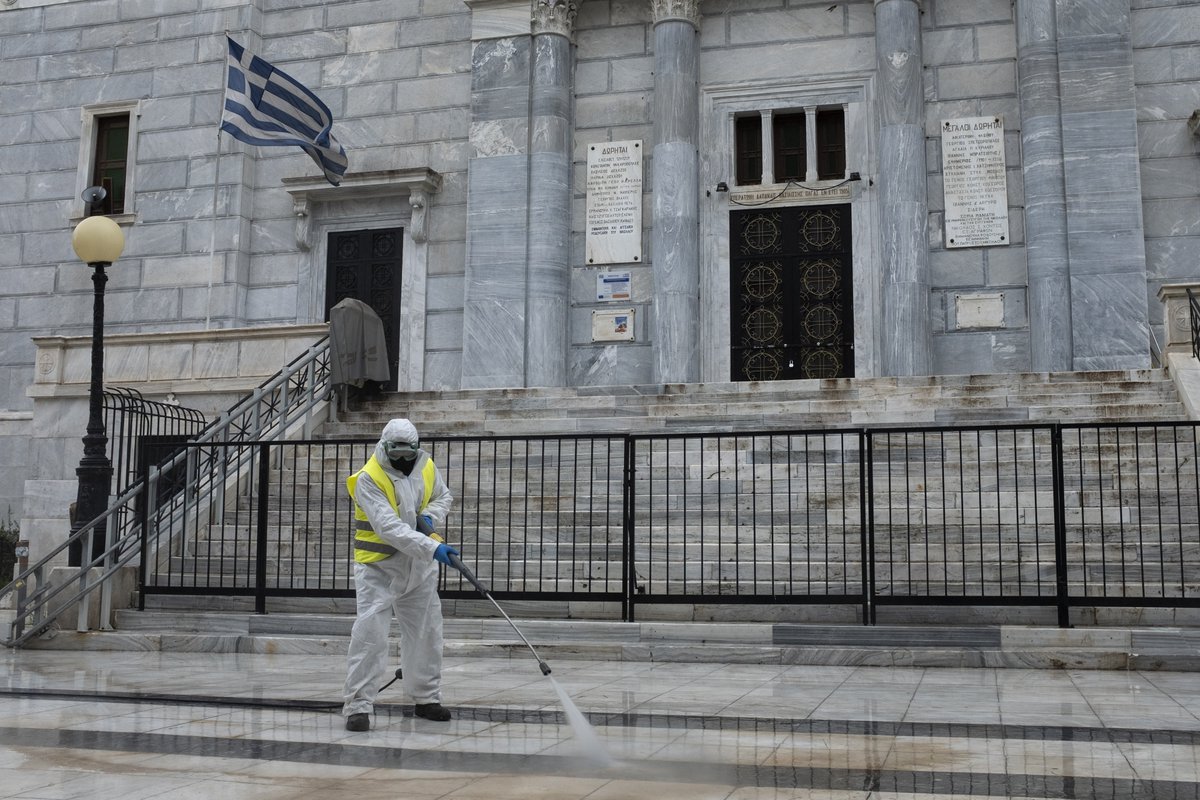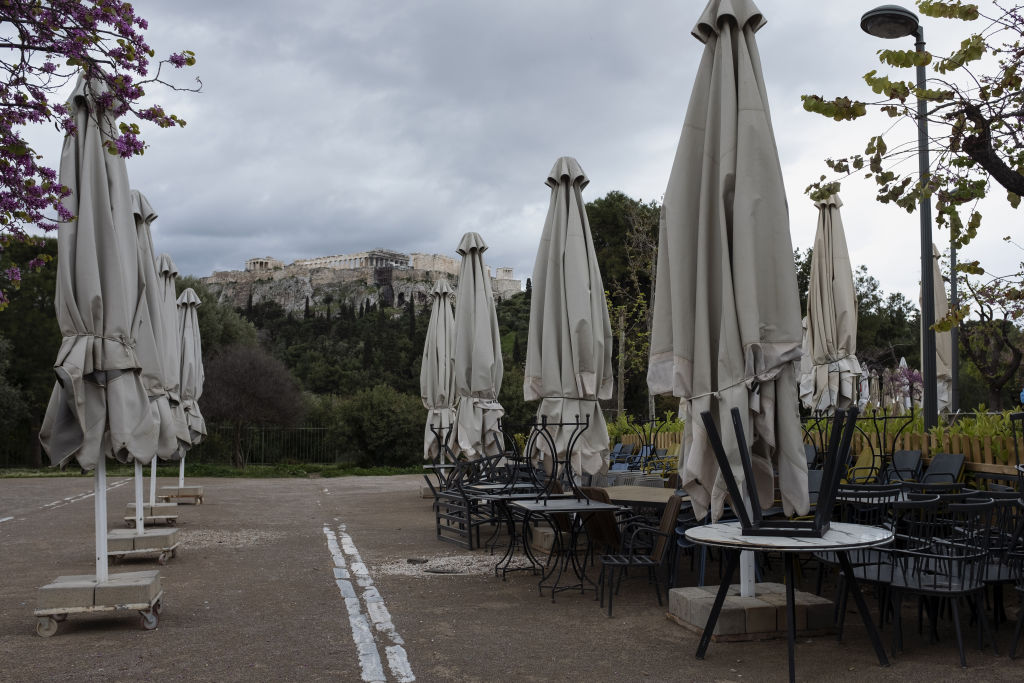But one country stands out above all the others: 🇹🇼Taiwan
bloom.bg/356rmf5
User data is generally assumed to be free by default — for use by the private sector bloom.bg/356rmf5
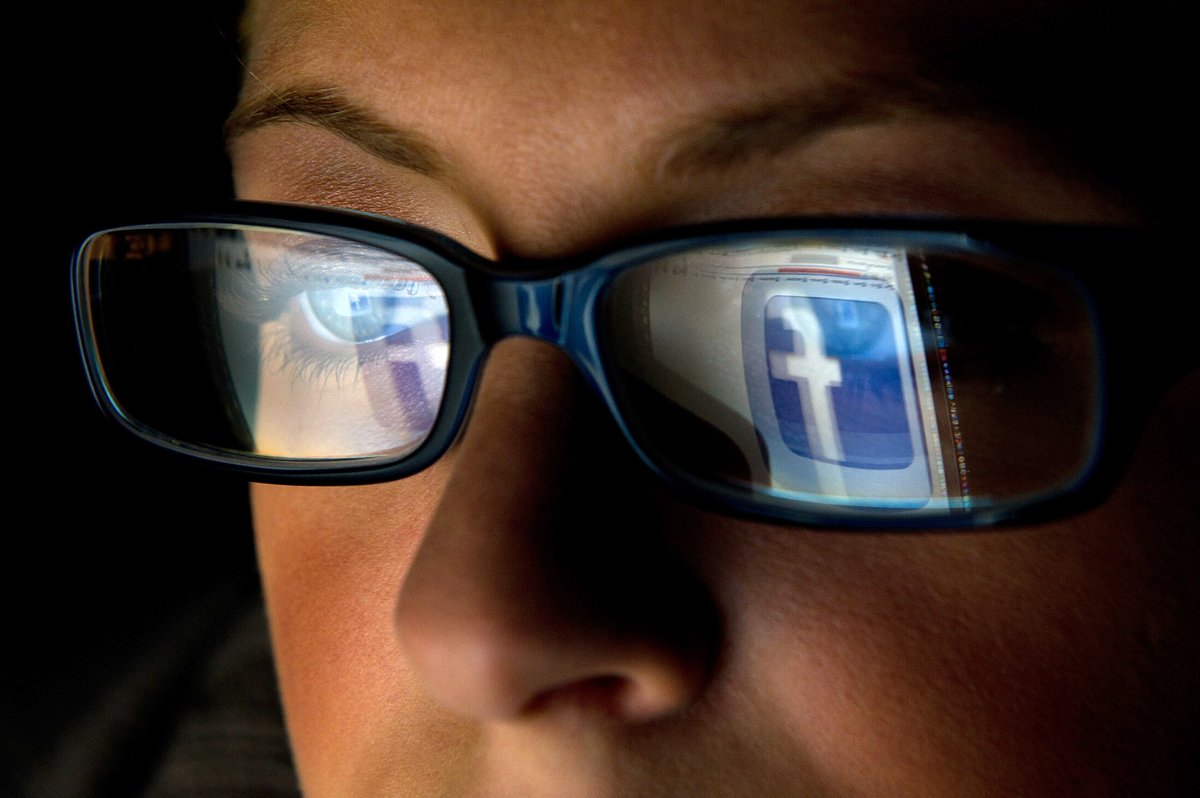
The government can only have the information if it’s going after crime or terrorism, or something else defined in law, possibly including a virus bloom.bg/356rmf5
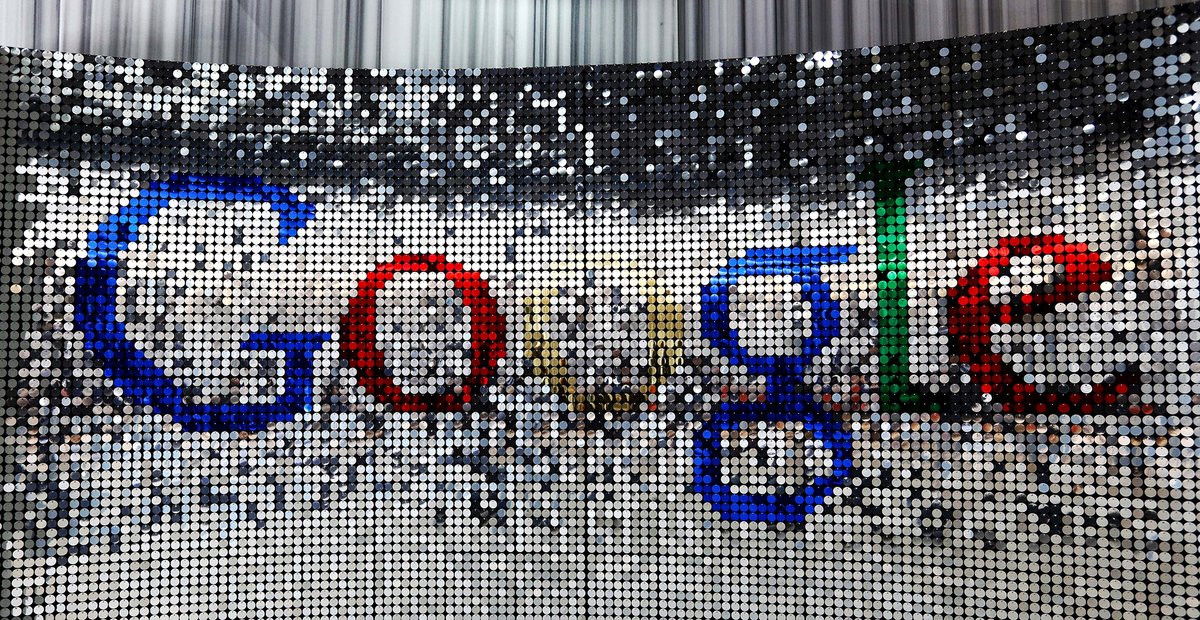
Here, even if data is harvested by “private” companies like Alibaba or Tencent, it’s assumed to belong to the state and the party bloom.bg/356rmf5
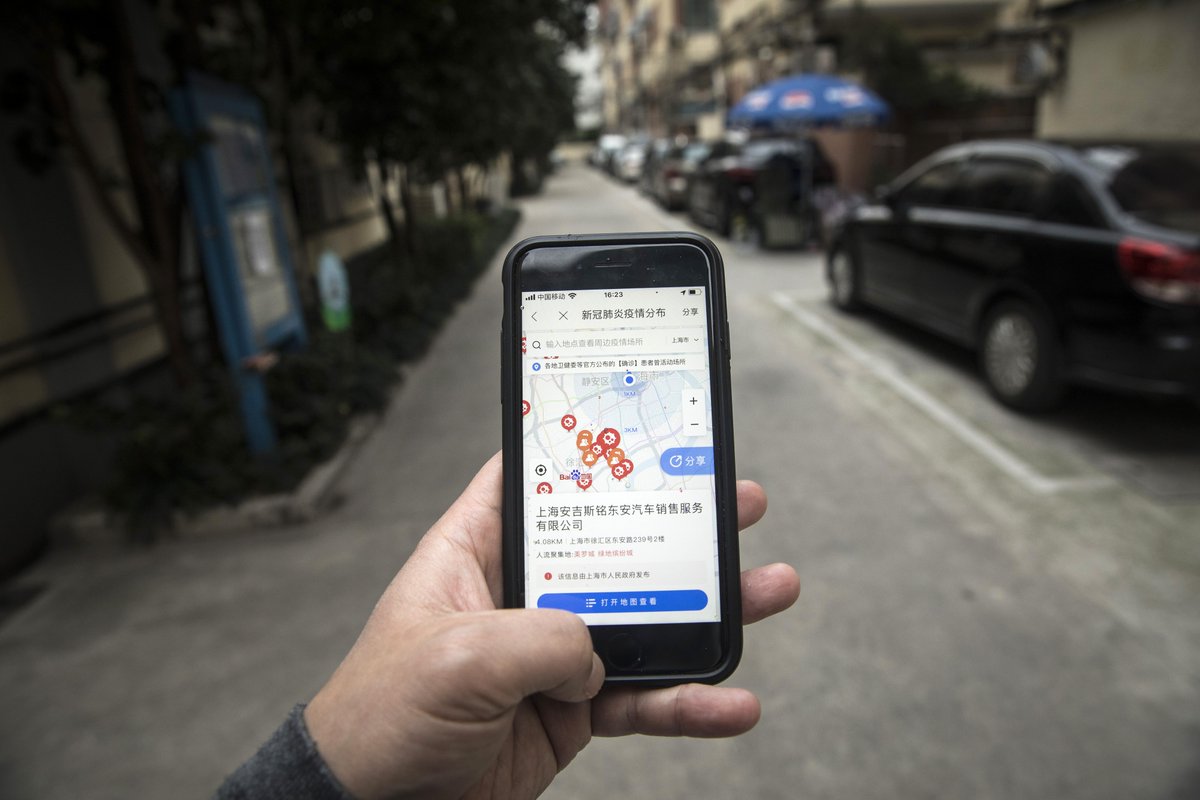
But it can also be weaponized by the authorities to clamp down on populations, such as the Uighurs in Xinjiang bloom.bg/356rmf5
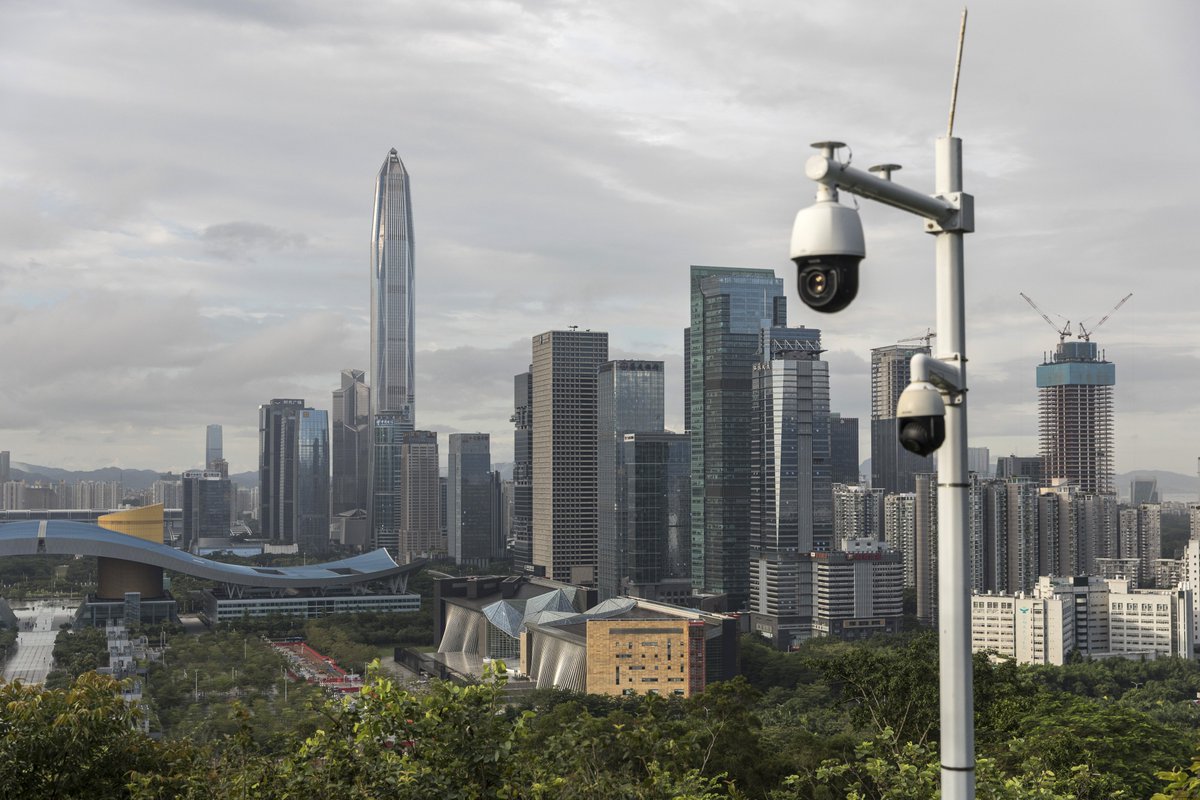
Here, data is assumed to be inherently dangerous, and thus in need of special protection. Data belongs entirely to the user, who must actively consent whenever anybody, private or public, wants it bloom.bg/356rmf5
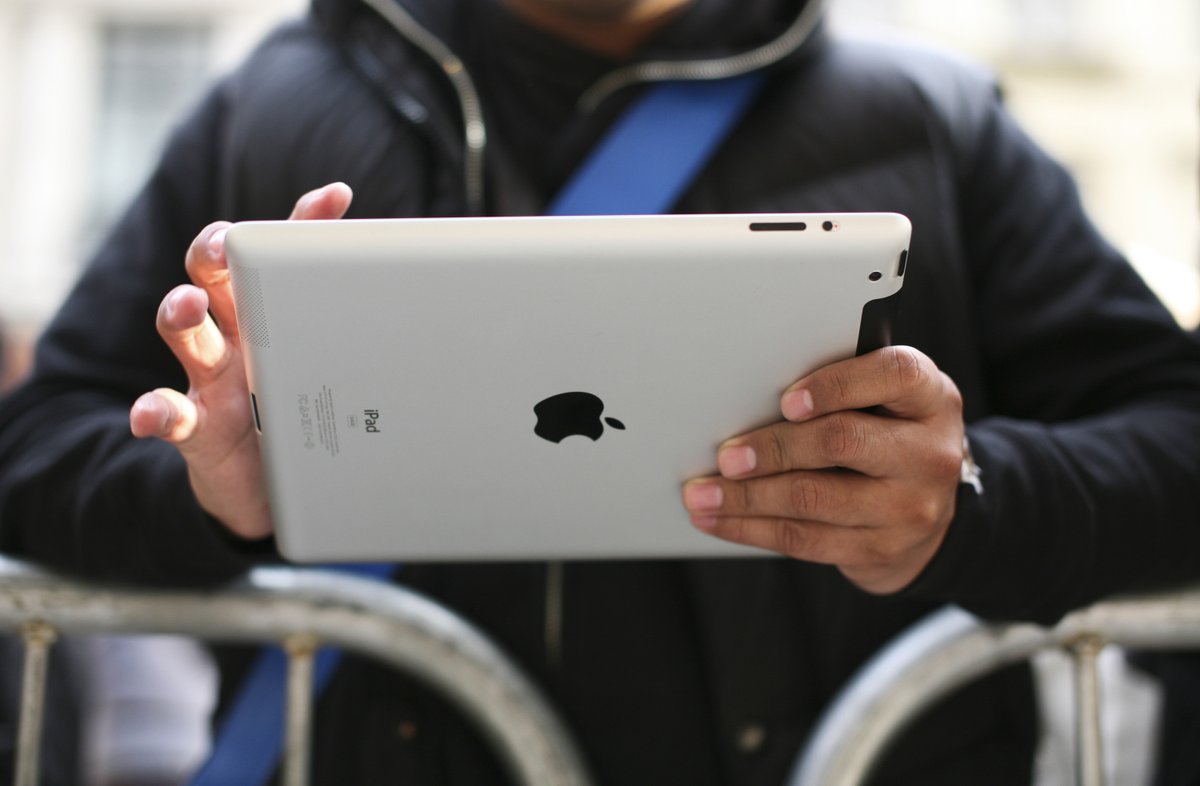
In South Korea, developers quickly built contact-tracing apps. But the authorities also use footage from CCTV cameras and credit card transactions to track their movements bloom.bg/356rmf5
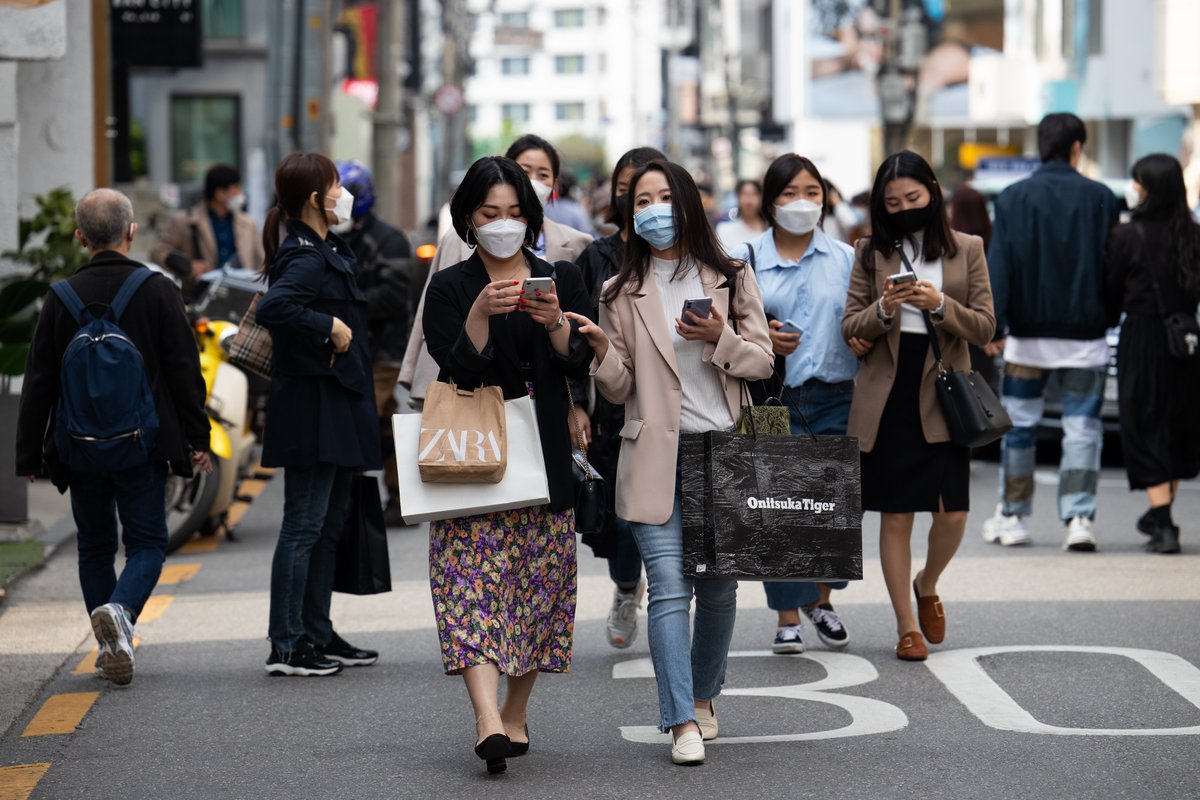
The whole country voluntarily partnered with the government to create a network of databases in which information flows both from bottom up and top down bloom.bg/356rmf5
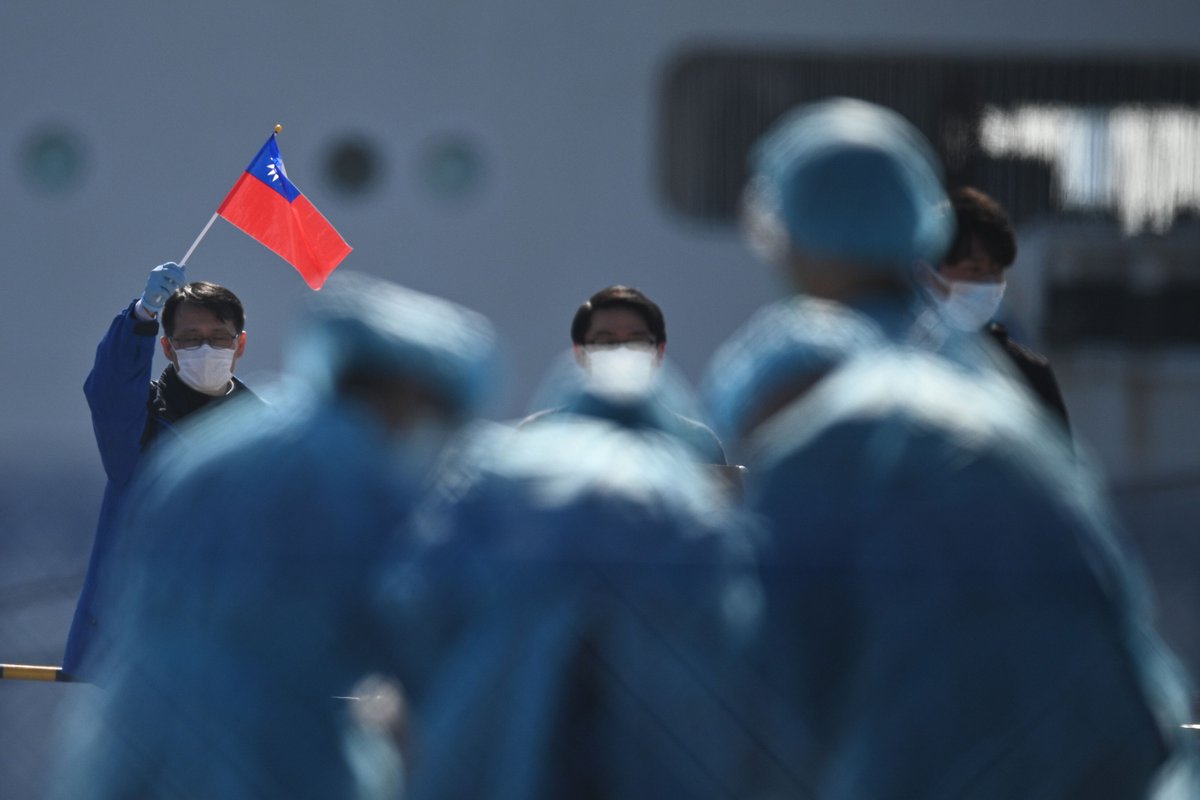
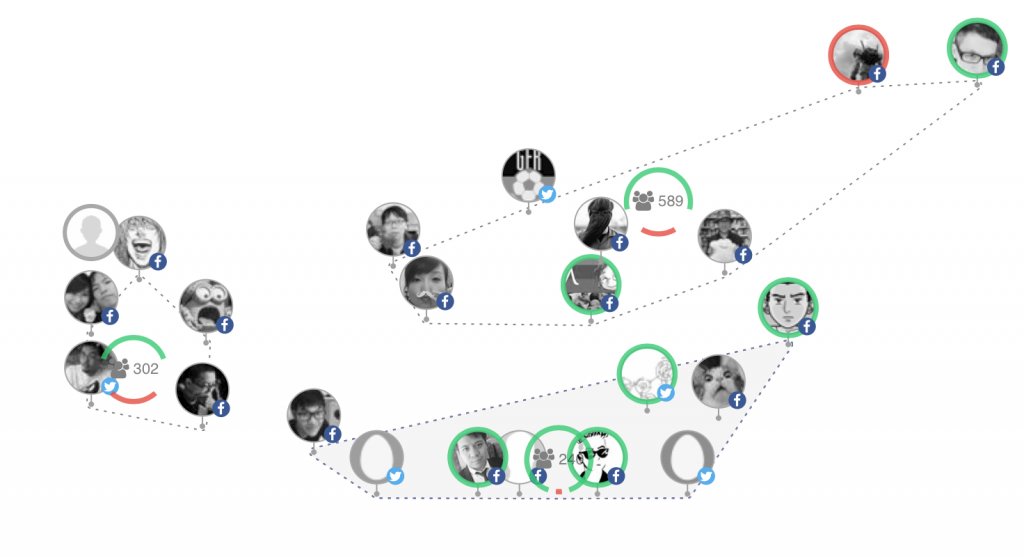
To contain outbreaks, apps must cover at least 60% of the population; to prevent infections, they must give information that is specific bloom.bg/356rmf5
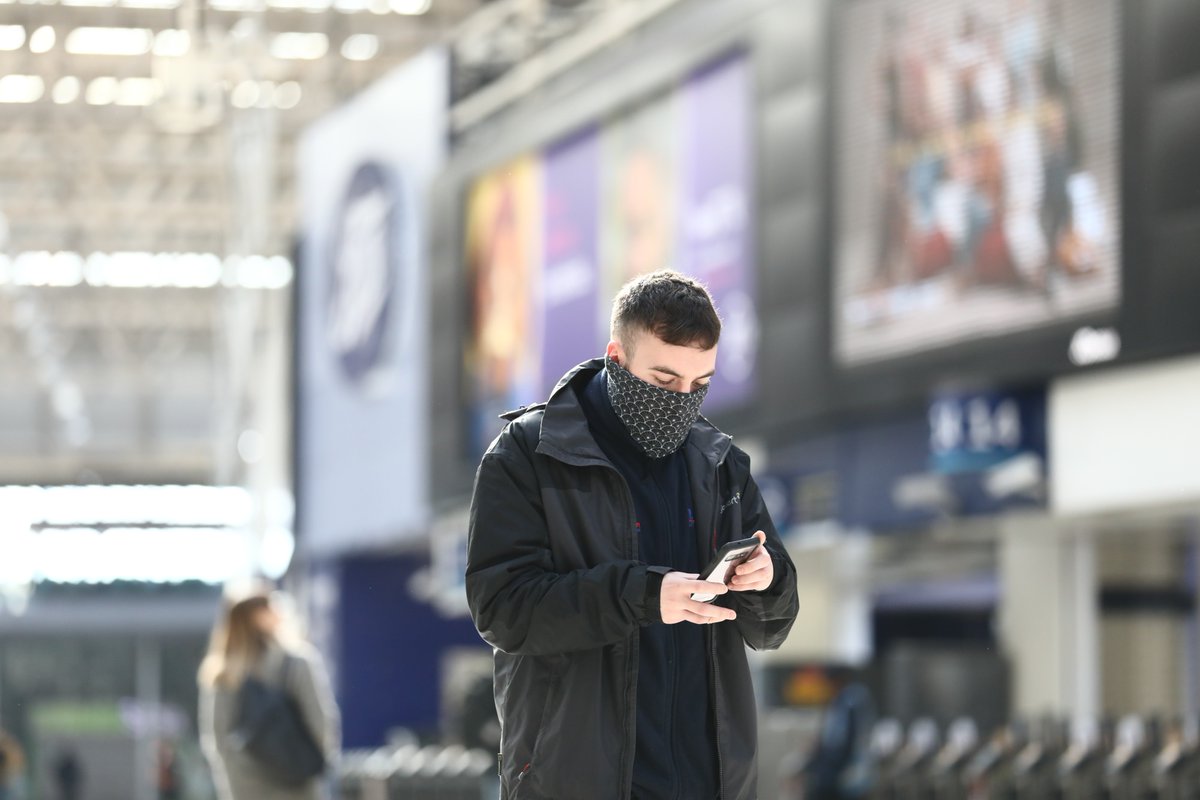
🇺🇸America's model is ultimately elitist
🇨🇳China's model is illiberal
🇩🇪Germany's data angst is paranoid
🇰🇷South Korea's model is too collectivist for the West bloom.bg/356rmf5
